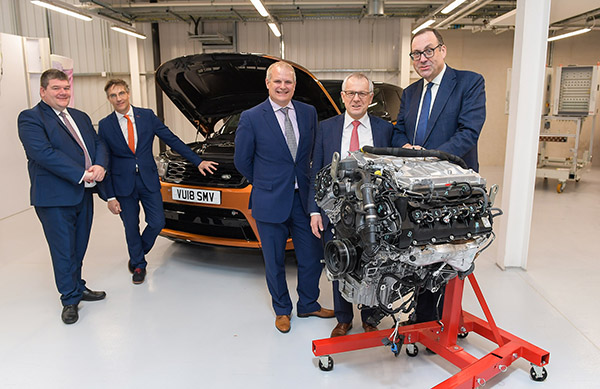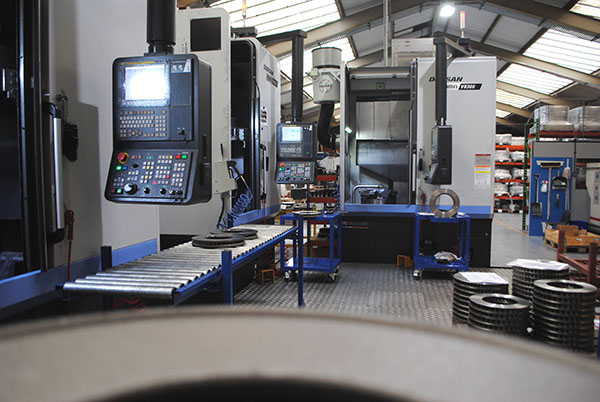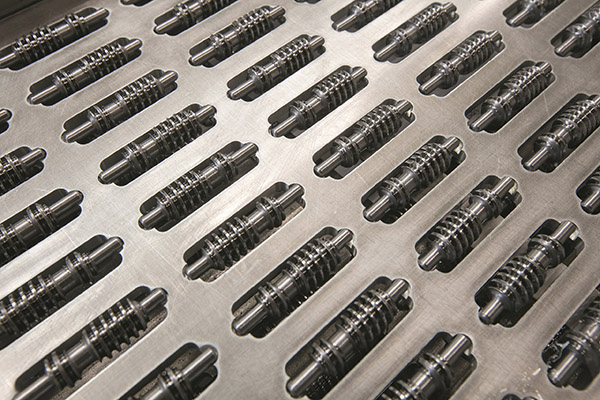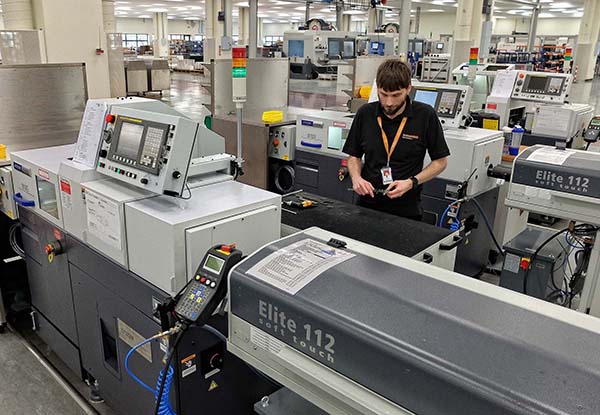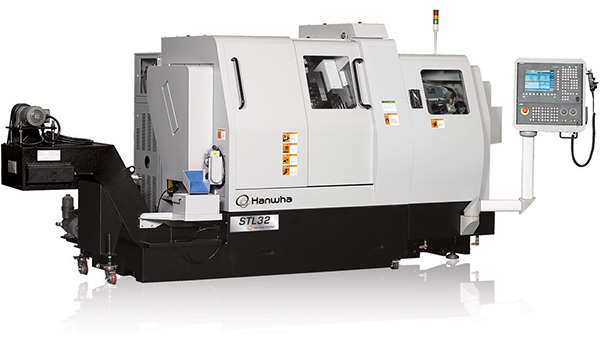At the back end of 2018, Dugard became the sole UK and Ireland sales and distribution outlet for the Korean brand of Hanwha sliding-head machine tools, since when the company has appointed Colin Thomson as its sliding-head specialist to drive the benefits of the technology to its customer base.

Commenting upon bringing the Hanwha brand into the Dugard fold, Thomson says: “While complementing the larger fixed-head range of Dugard turning centres, the Hanwha brand has capacity and power capabilities which far exceed that of existing sliding-head alternatives, allowing Dugard to truly bridge the gap between fixed and sliding-head technology.”
The Hanwha range is available in four range variants: the XD, XD Special/STL, XE and XP series of machines. Giving an overview of the Hanwha range, Thomson says: “The Hanwha sliding-head series is so diverse, we have something for everyone. The XE and XP are both great all-rounders with an economical price point that makes them best-selling machines for performance and productivity on a budget. Hanwha’s STL series is the most powerful turret model with a 10-station turret for VDI and BMT configurations. Taking this capability a step further is the XD Special series, which offers the ultimate tooling flexibility with
its B axis and Y2 axis, as well as its specially configured tool layout for the production of complex parts.”
He continues: “Added to the various models, we can configure the machines to meet the needs of the end user with a host of options that include tool breakage detection, through-coolant, guide bush and guide bush-less operation, driven tooling, chilling units, gear hobbing, modular tool configurations, chip conveyors, extended coolant tanks, motorised air spindles, and a selection of cross-drill configurations.”
For further information www.dugard.com







